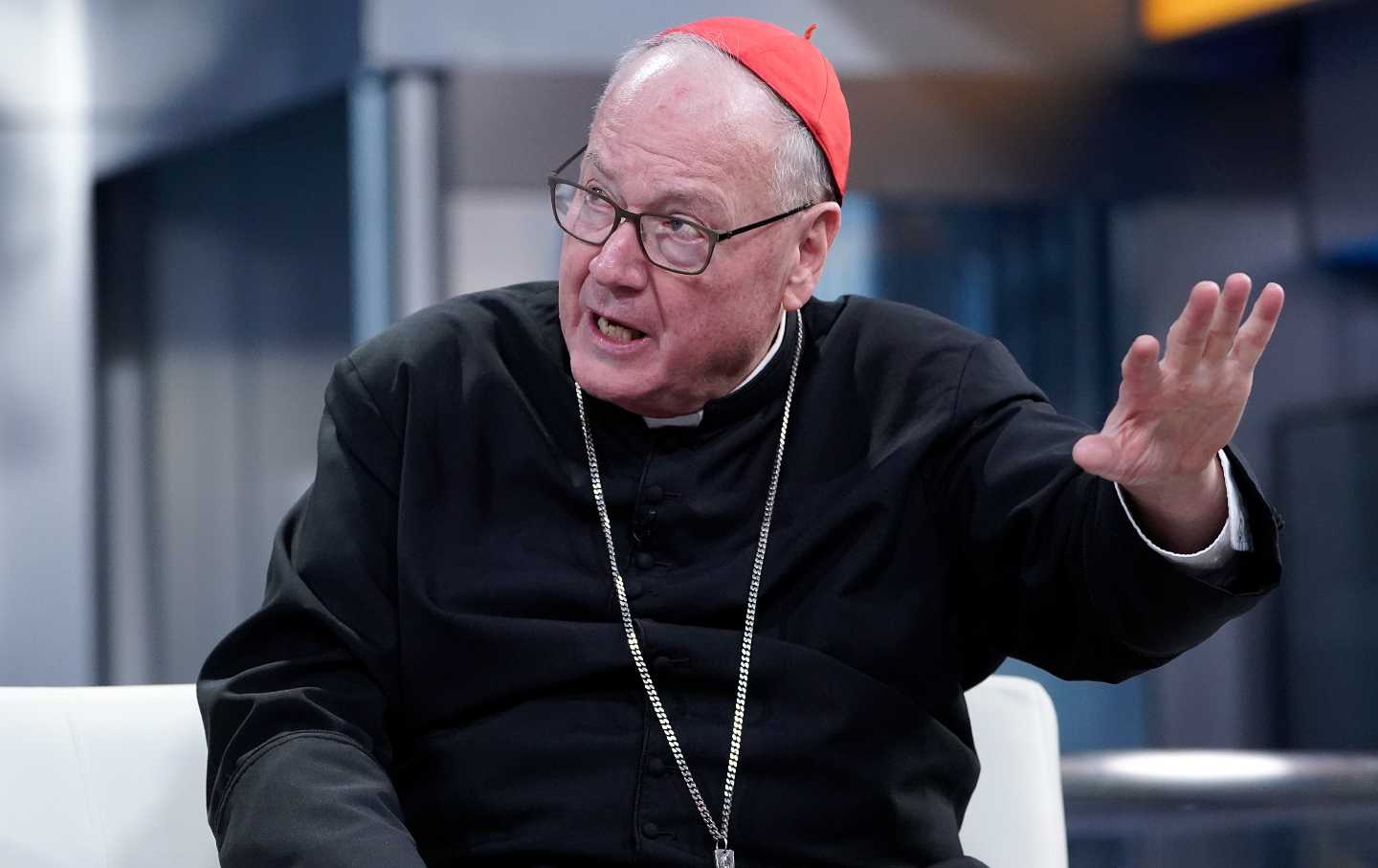
Paramount’s recent acquisition of The Free Press, a controversial media platform known for its critiques of mainstream journalism and “woke” culture, has set off alarm bells about the direction of news integrity. With the appointment of Bari Weiss as the new editor-in-chief of CBS News, we are witnessing a strategic shift that speaks volumes about the current media landscape and its entanglements with political ideologies.
Weiss, a figure steeped in controversy, previously served as an op-ed editor at both the Wall Street Journal and the New York Times, where her tenure ended amid significant backlash over the publication of a contentious op-ed by Senator Tom Cotton. This incident resulted in Weiss’s resignation, where she claimed that her colleagues had created an environment of harassment, driven by pressure from social media critics on the left. This narrative of victimhood is coupled with her assertion that mainstream institutions have lost their way, a theme she has continued to explore through her work at The Free Press.
The Free Press, co-founded by Weiss, has positioned itself as an antidote to what it perceives as the failings of traditional journalism. With its rapid growth—reportedly achieving a subscriber base of 1.5 million—it’s clear that there is a market for their approach. Weiss claims their goal is to reestablish the principles of journalism founded on honesty and independence. However, one must question if this is genuinely a return to journalistic integrity or simply another iteration of a narrative-driven media that often prioritizes sensationalism over accountability and factually grounded reporting.
Weiss’s views, often described as anti-woke, have found an audience among those disillusioned by the left’s response to pressing social issues. Yet, her political stance is a complex tapestry of contradictions. While she identifies as a “radical centrist” and has expressed support for various Democratic candidates, her criticisms of the left, particularly regarding identity politics and social justice movements, raise eyebrows. She has been labeled a champion for free speech, yet her commentary frequently blurs the lines between advocacy and a dismissive stance towards marginalized voices.
The implications of Weiss’s leadership at CBS News extend beyond her personal ideology. In the wake of the Skydance Media acquisition of Paramount, there is a palpable intention to diversify the network’s appeal, especially among audiences that lean right. This shift, while framed as a commitment to balance, risks amplifying narratives that perpetuate divisiveness rather than fostering a genuine platform for dialogue. Weiss’s promise to hold both political parties accountable sounds noble, yet the reality remains that media outlets often cater to the loudest voices, which can lead to the marginalization of critical discussions around social justice and equity.
Furthermore, the strategic alignment of The Free Press with CBS News raises serious questions about the integrity of news dissemination. In a media landscape that increasingly resembles an echo chamber, Weiss’s stewardship may further entrench the divide between sensationalist right-wing narratives and the critical perspectives needed for a well-rounded discourse. When the primary objective is to appeal to a broader audience, the risk of diluting nuanced, fact-based journalism becomes alarmingly high.
As Weiss embarks on this new chapter, she insists that her vision includes fostering a culture of healthy disagreement and encouraging a spectrum of views. However, the challenge will be whether she can genuinely uphold these principles in the face of powerful corporate interests and the relentless pressure to generate clicks over substance. The American populace deserves more than a binary narrative; it necessitates a media environment that values integrity, equity, and accountability above all else.
In conclusion, Bari Weiss’s ascendance to CBS News editor-in-chief is not just a personal career milestone, but a flashpoint for the ongoing struggle over the soul of American journalism. The public must remain vigilant to ensure that the news serves as a tool for enlightenment and justice, rather than a platform for polarization and profit. The stakes have never been higher, and the responsibility to uphold the ideals of a free and fair press rests on the shoulders of all involved in the media landscape.
This article highlights the importance of CBS News Appointment.


